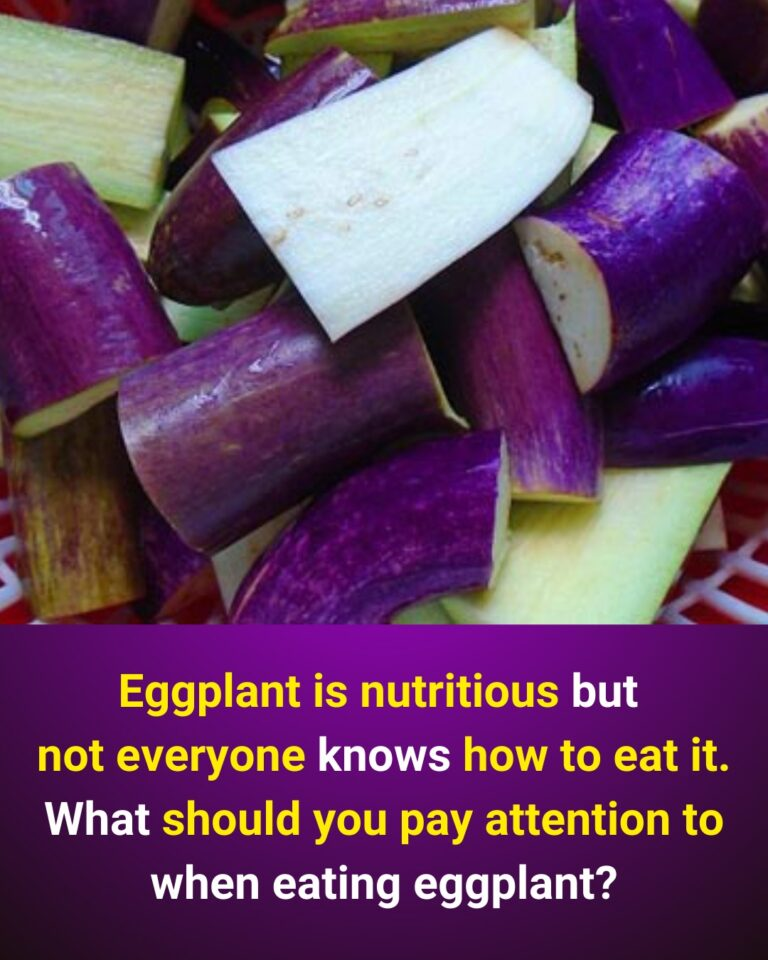ADVERTISEMENT
Anaphylaxis is rare in eggplant allergies, but it can happen. If symptoms begin to appear, seek emergency medical attention immediately.
2. What to do if you are allergic to eggplant?
People with eggplant allergies can usually treat mild allergic reactions with over-the-counter antihistamines. If this is the first time you have experienced symptoms after eating eggplant, see your doctor for a blood test to confirm the allergy, a medical examination, and instructions for future exposure to eggplant.
If you have symptoms of anaphylaxis when eating eggplant, seek emergency medical attention. In most cases of anaphylaxis, symptoms develop within minutes of exposure to the allergen. Anaphylaxis can be life-threatening if left untreated.
3. Foods to avoid when allergic to eggplant
If you think you’re having an eggplant allergy, see your doctor so they can help confirm whether you’re allergic to eggplant or if your symptoms are caused by another underlying condition
People who are allergic to eggplant should also avoid exposure to other sleeping pills.
Shade-loving foods that can cause allergies like eggplant include: Tomatoes, white potatoes, bell peppers, bananas, goji berries, red pepper spices, paprika, cayenne pepper…
Salicylate, a natural chemical found in eggplant, is also a concern. It can be found in the following fruits and vegetables: Apples, avocados, blueberries, raspberries, grapes, prunes, cauliflower, mushrooms, spinach…
